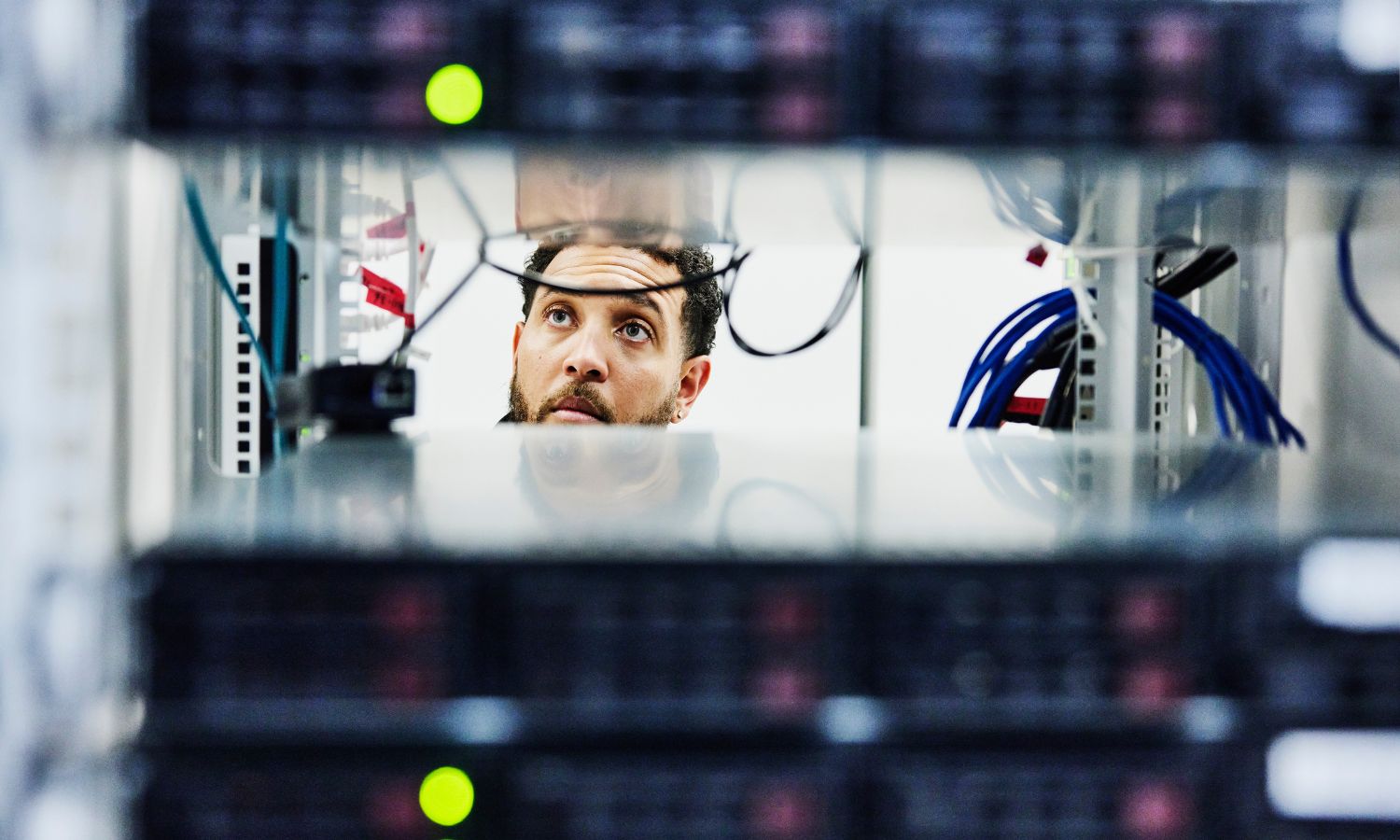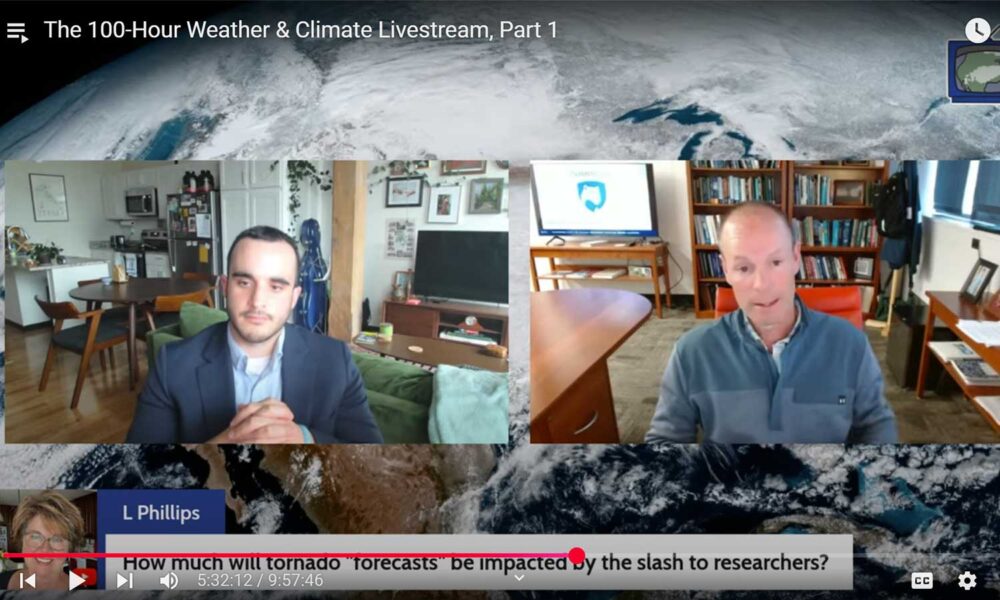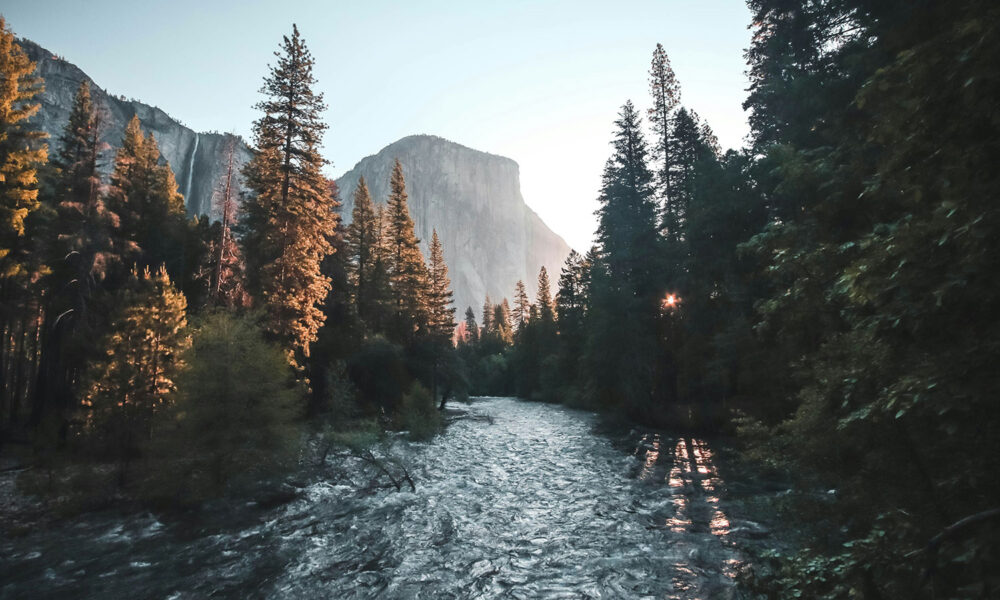 Getty Images
Getty Images
 Getty Images
Getty Images
Top reads
The latest
 Photo: John Saller
Photo: John Saller
 Jason Leem/Unsplash
Jason Leem/Unsplash
 Photo: BlackRockSolar
Photo: BlackRockSolar
 Trish Sheehan/Moms Clean Air Force
Trish Sheehan/Moms Clean Air Force
 Allison Cain/UCS
Allison Cain/UCS

 JPL Women in STEM. JPL SFOF Darkroom.
Requester: Kimberley Kline.
Photographer: T. Wynne
Date: 11-FEB-2016
Photolab order: 070915-146556
JPL Women in STEM. JPL SFOF Darkroom.
Requester: Kimberley Kline.
Photographer: T. Wynne
Date: 11-FEB-2016
Photolab order: 070915-146556
 Michael Latner/UCS
Michael Latner/UCS

 Photo: Alex Edelman/AP Images
Photo: Alex Edelman/AP Images
 Photo: Diliff/Wikimedia Commons
Photo: Diliff/Wikimedia Commons
 Photo: CMRF Crumlin/Flickr
Photo: CMRF Crumlin/Flickr
 Photo: IIP Photo Archive/Flickr
Photo: IIP Photo Archive/Flickr
 Photo: Ryan McKnight
Photo: Ryan McKnight
 Public Domain
Public Domain
 Credit: USFWS
Credit: USFWS
 NASA
NASA

 Photo: Dolores González Elementary School
Photo: Dolores González Elementary School

 As the IPCC report will make clear, when it comes to climate change, we are all in the same boat.
Photo taken by the author at COP23 in Bonn, Germany last November
As the IPCC report will make clear, when it comes to climate change, we are all in the same boat.
Photo taken by the author at COP23 in Bonn, Germany last November
 Photo: Flickr / Irene / Creative Commons license CC-BY-NC 2.0
Photo: Flickr / Irene / Creative Commons license CC-BY-NC 2.0
 North Carolina National Guard
North Carolina National Guard
 Chief Petty Officer Stephen Kelly/US Coast Guard
Chief Petty Officer Stephen Kelly/US Coast Guard




